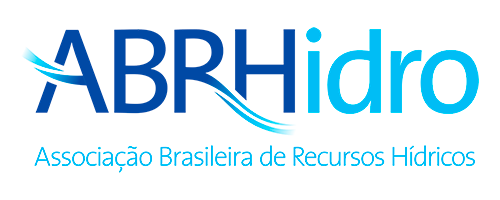ICFM6 - International Conference On Flood Management
Data: 17/09/2014 à 19/09/2014
Local: São Paulo - Brazil
Integrated Intervention Strategies in Urban Flood Risk Areas: Explorations Within the Uruguayan Context (PAP014766)
Código
PAP014766
Autores
ADRIANA PIPERNO DE SANTIAGO, pablo sierra, Ignacio Lorenzo
Tema
Urban Floods
Resumo
River floods are one of the problems that seriously impact the development processes of riverside cities, especially mid size ones. Floods are a major risk to infrastructures and the living conditions of often the most vulnerable population. The impacts of flood events are very significant to the Uruguayan reality, even though the absolute number of affected population is lower than other worldwide events; for some Uruguayan cities floods mean a relatively important issue, the frequency of events has seriously affected local economies and societies. For example in 2007 in Durazno city 18% of the population were evacuated (33.300 inhabitants), and in the other hand the economic impacts of the 2009 flood events in Paysandú were of about 1.7% of the Department's GDP. This paper intends to contribute to the prevention and mitigation of disaster risks, by promoting the transformation of flood areas from risk areas to opportunity zones for sustainable urban development. The research will look up for operative mechanisms that transform the current reality of the flood areas in the Uruguayan context. This approach implies the integration of land planning with risk management, by including aspects related to threats, (that include the hydraulic system behavior) and also the vulnerabilities of the affected population (2009 Piperno). This approach allows the design of integrated territorial strategies that contributes to risk reduction, and also allows the construction of a new social imaginary that rebuilds the water-city relationship, within a major sustainable urban development paradigm. The methodological strategy of the research integrates two functional components within a general analysis that recompose the complexity of the problem of urban floods: on one side the socio-urban characteristics of urban areas, and in the other side, the group of instruments available for urban planning and management. In the first component, the urban elements that characterize urban flood areas are identified within Urban Flood Systems" (SUIs abbreviation in Spanish) that are used as models of urban behavior. The most representative cases of Uruguay will be analyzed through the SUIs model (Artigas, Salto, Durazno, Paysandú, Treinta y Tres), for all of them there is available data, already generated by the research team of the Urban and Theory Institute of the School of Architecture. On the second component, the Integrated Operative Intervention Types (TOIIs abbreviation in Spanish) will be constituted, by regrouping urban management and planning instruments and by finding the appropriate synergies between them. Commonly used planning instruments will be applied as well as others of innovative application in other countries. The TOIIs intervene on the main problematic and potentialities identified within SUIs in an integrated, multiscale, multidisciplinary and multitemporal approach. By the interaction of both components, the SUIs and the TOIIs, the strengths and weakness of the most significant TOIIs will be analyzed in relationship to relevant SUIs. This analytical process will allow the generation of a "menu" of innovative appropriate alternatives for stakeholders and decision makers, in order to reduce urban flood risks."

